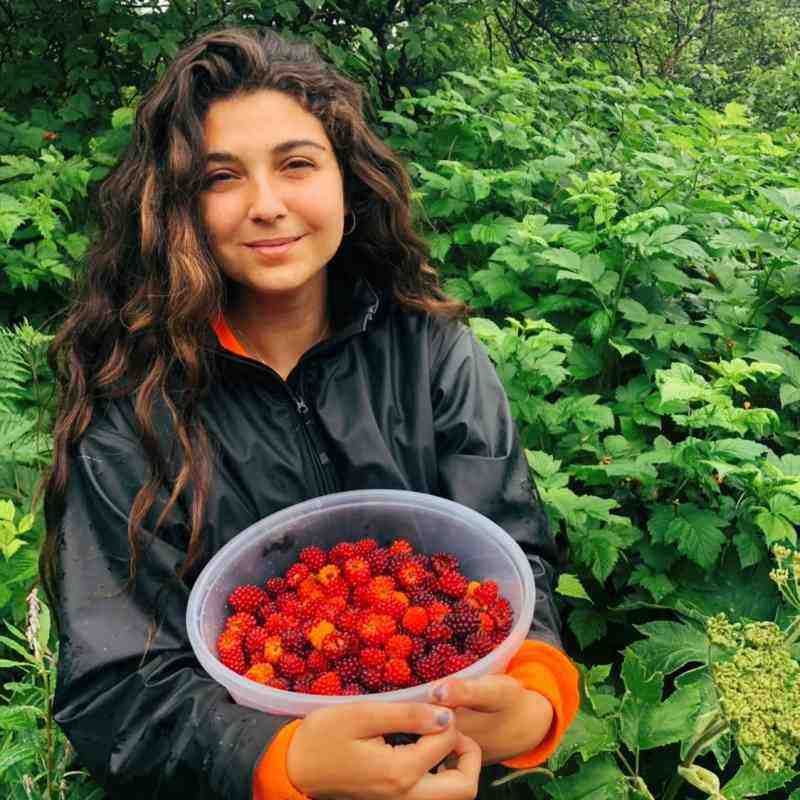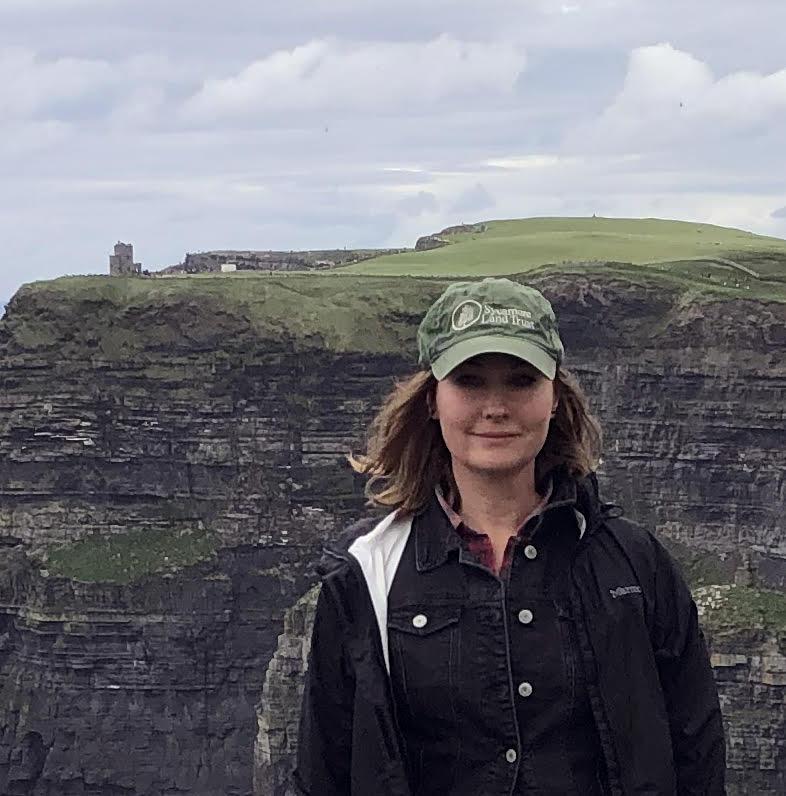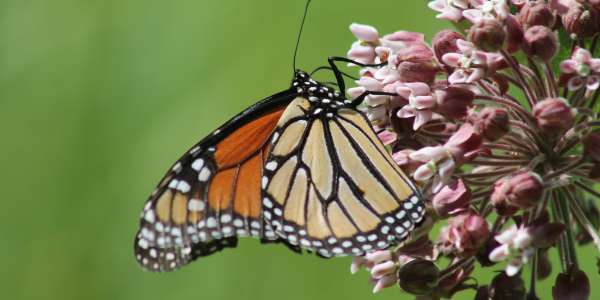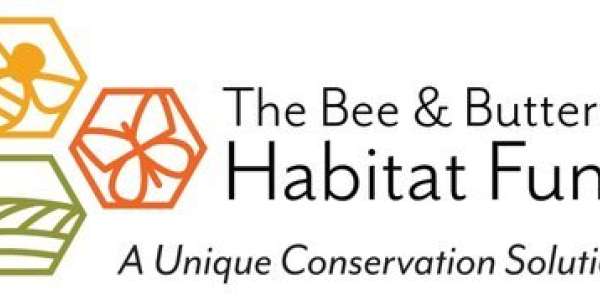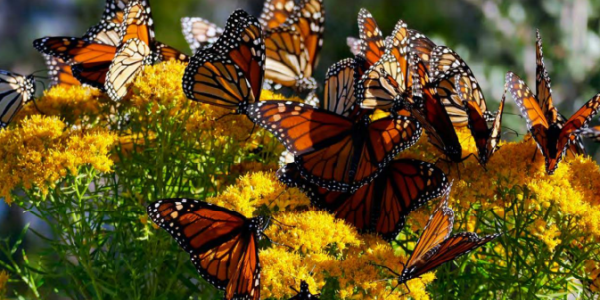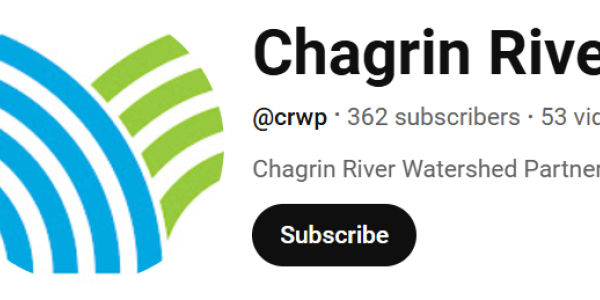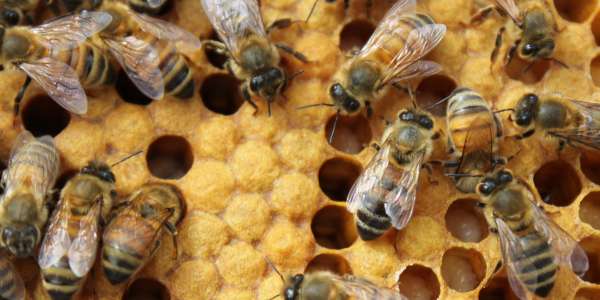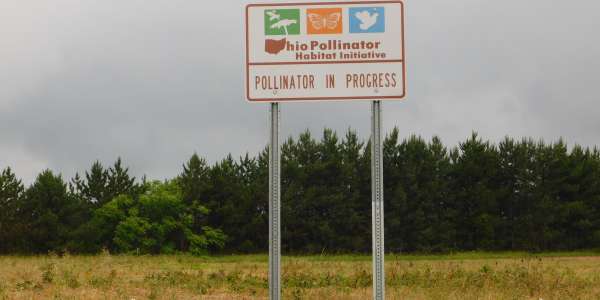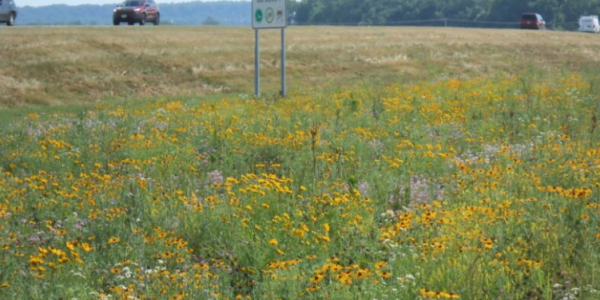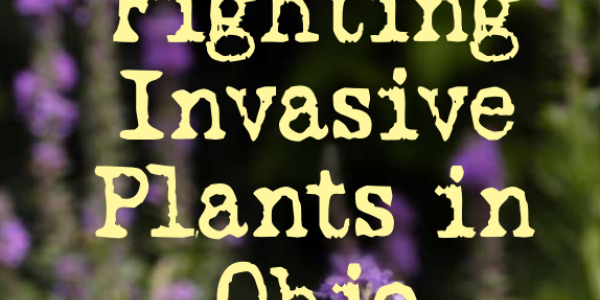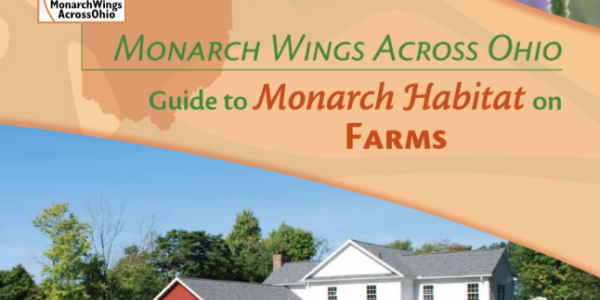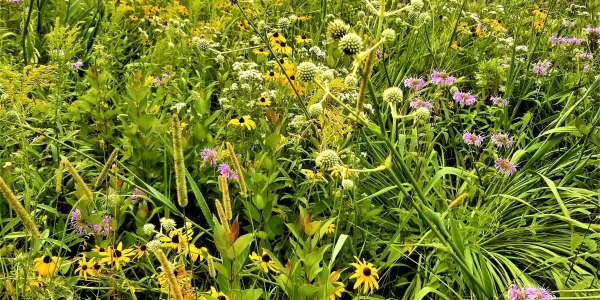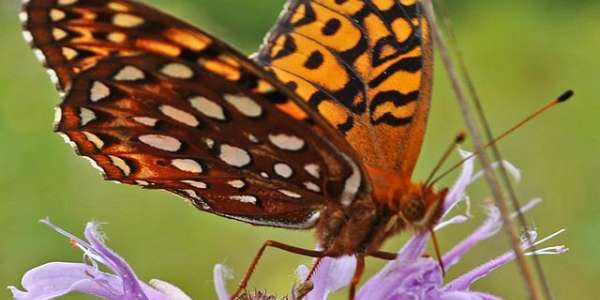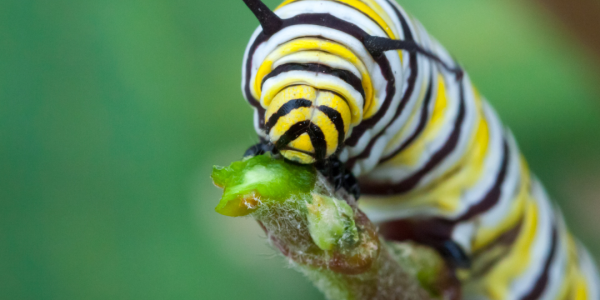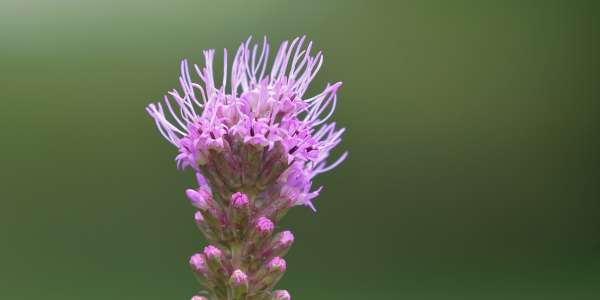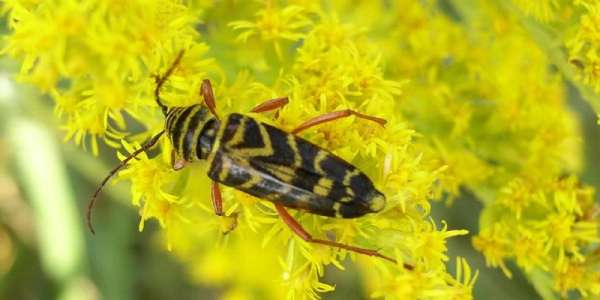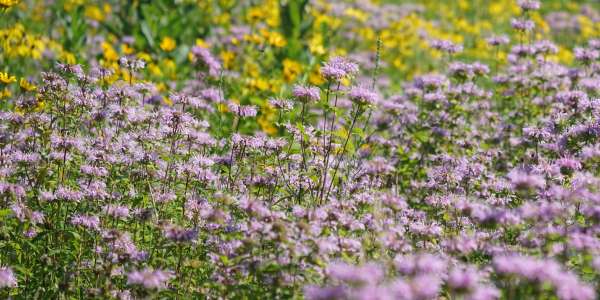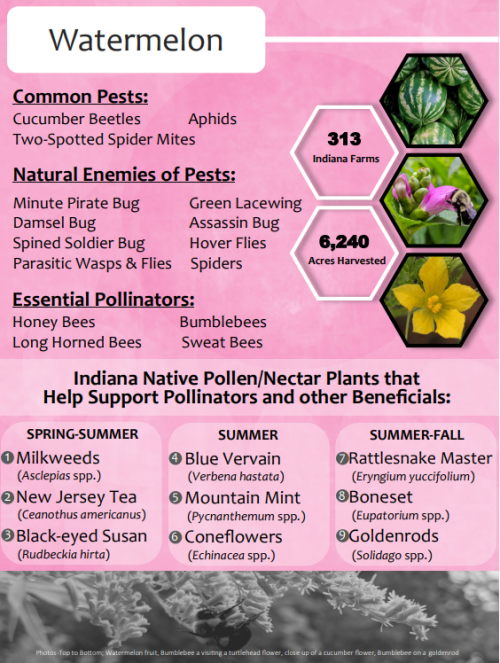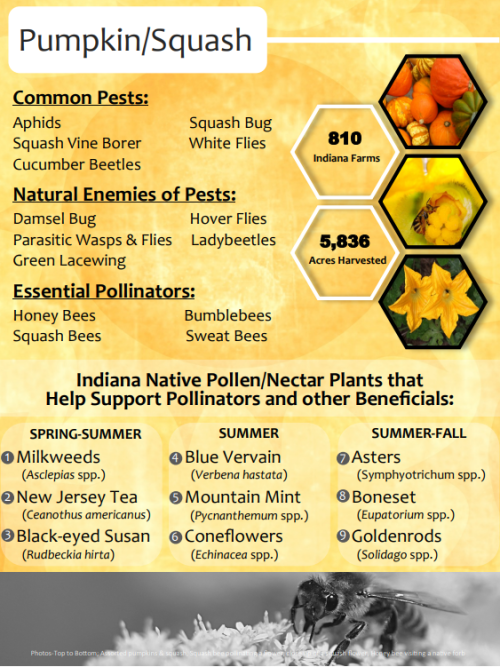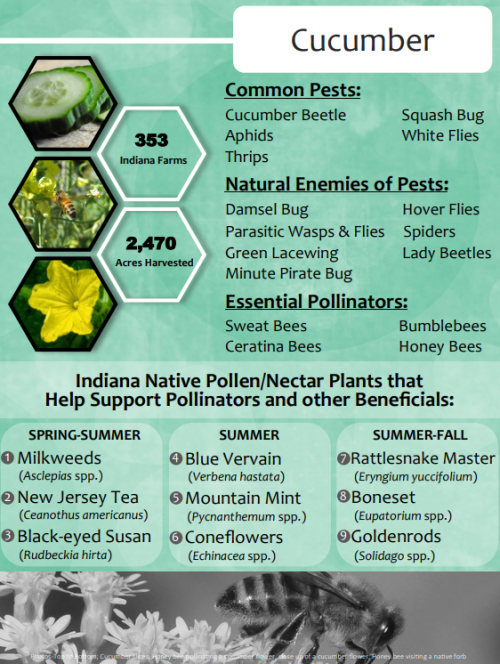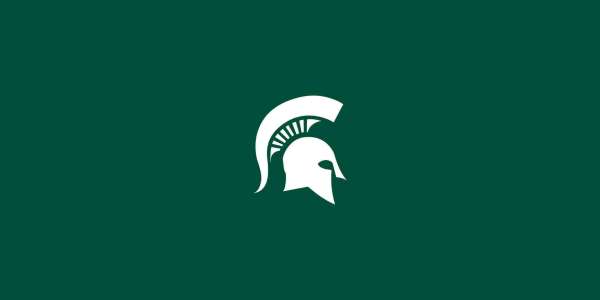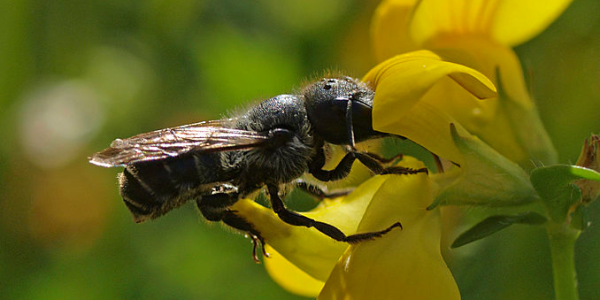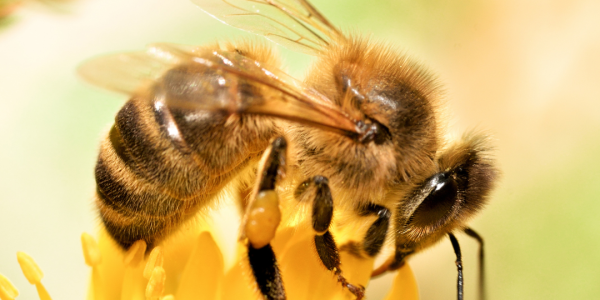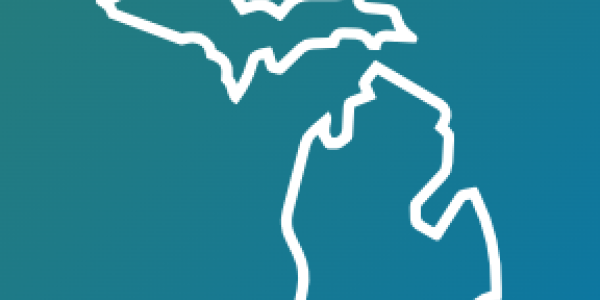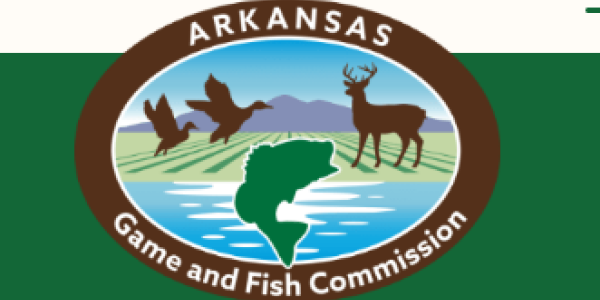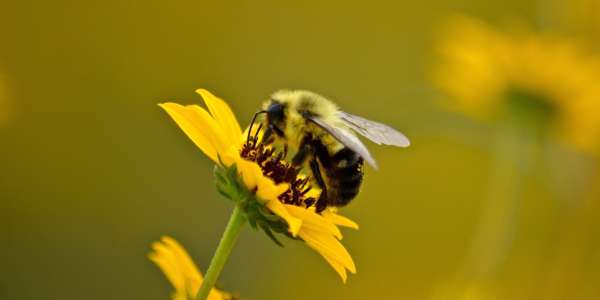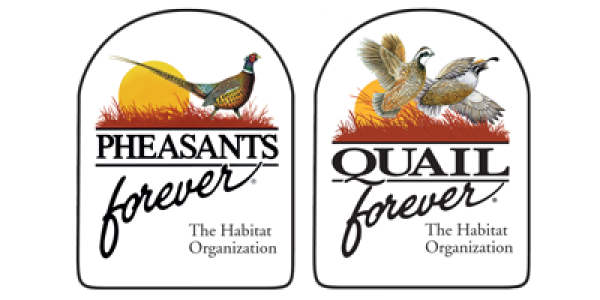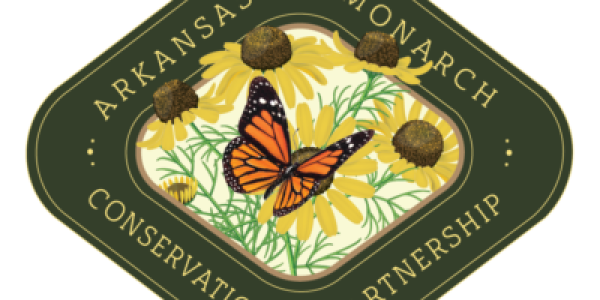Pollinator Partnership and NRCS Midwest
Isabel Nazarian, NRCS Partner Biologist Midwest
Growing up in rural Ohio, Isabel developed an early love for native plants and local ecosystems. She assisted in her first restoration project at the age of 15 and volunteered at nearby park districts. She graduated from Ohio State's School of Environment and Natural Resources specializing in environmental science and ecosystem restoration. Isabel spent years in honey bee research, caring for over 100 hives around Ohio while conducting research on pesticides and analyzing CRP. She has also worked in ecosystem restoration, helping to execute WRP and other contracted plans through vegetation management, seed selection and seeding, erosion control, tree planting and more. With Pollinator Partnership, she is here to help landowners access all the resources they need to implement pollinator conservation on their land. Isabel is based in central Ohio and offers assistance to the Midwestern region. Contact her for assistance navigating NRCS programs, locating monetary and educational resources, questions about site preparation, species suggestions, best management practices, planning assistance or if you aren’t sure where to start! Isabel will also be putting together trainings, workshops, and outreach events for producers to better understand how they can incorporate pollinator habitat on their land while reaching their goals.
Sophia Sorboro, Northeast Ohio NRCS Partner Biologist
Sophia graduated from Kent State University with a Bachelor of Environmental and Conservation Biology and a Bachelor of Environmental Studies. After graduating college, Sophia completed two conservation-focused years of service with AmeriCorps and then worked as a Watershed Coordinator for a Soil Water Conservation District. Through these roles, Sophia provided technical assistance, conservation planning support, and environmental education and outreach to urban and rural communities across Summit, Tuscarawas, and Columbiana counties. As Pollinator Partnership’s Ohio Partner Biologist, Sophia assists traditional, small, specialty, urban, and other producers across eastern Ohio with establishing pollinator friendly habitat by providing Farm Bill application and conservation planning support. Sophia conducts site visits, provides follow-up resources including but not limited to: maps, habitat drawings, seed mixes, site preparation and management direction, connections to local and federal conservation agencies, and federal program application assistance.
Mary Welz, Central Indiana NRCS Partner Biologist
Mary earned a BS in Biology at Indiana University and studied Plant Pathology at the University of Georgia. Among her professional roles, she worked for an ecological service provider, served as a Regional Specialist for State of Indiana Cooperative Invasives Management, and prior to joining Pollinator Partnership, worked as the environmental educator for Sycamore Land Trust. Through these positions, she conducted administrative support for native plant nursery operations, provided habitat planning and maintenance technical assistance, and engaged various audiences through nature interpretation and land stewardship volunteer opportunities. As P2’s Indiana Partner Biologist, Mary now assists small, specialty, urban, and other agricultural producers across the state of Indiana with establishing pollinator friendly habitat by providing Farm Bill application and conservation planning support. She also works to create educational content to feature wildlife habitat success stories and promote conservation practices that benefit pollinators and other wildlife. After hours, Mary delights in tending her vegetable garden, restoring her home landscape with native plants, and volunteering to 'wrangle' invasive plants.
Midwest Assistance Request FormMidwest Resources
-
Mid-America Monarch Conservation Strategy
This Mid-America Monarch Conservation Strategy builds off partner and state planning efforts and identifies conservation targets, programs, and coordinated strategies to provide a blueprint on how to successfully reverse the decline and achieve a viable monarch population through a coordinated, landscape-scale habitat conservation approach.
-
The Bee and Butterfly Habitat Fund: Seed a Legacy Program
The Seed a Legacy Program provides one-on-one technical guidance and free seed over a 5 year span.
-
Midwestern Guide to Guides
Welcome to the Pollinator Habitat Installation Guide to Guides! This database aims to aggregate existing material to make information accessible to land managers and the public. This regionally-specific content is designed for easy navigation through a variety habitat types and specific goals across the country. These resources are organized by region and then by land use type and scale
-
Our Future Flies with Pollinators
The Chagrin River Watershed Partners hosted a free live virtual talk with Lara Roketenetz from the Pollinator Partnership to discuss the importance of pollinator habitat and share some tips on how to create it in your own backyard.
-
Backyard Botanicals: Integrated Pest Management
Dr. Lara Roketenetz of Pollinator Partnership and Chagrin River Watershed Partners come together to bring you integrated pest management in the next installment of CRWP’s Speaker Series. Dr. Roketenetz shows you how you can manage garden pests and insects while avoiding the use of herbicides and insecticides. Learn how to maintain a healthy soil ecosystem, how to rid your garden of pests naturally, and how you can help native plants and insects in your garden.
-
Ohio State University Bee Lab
The Ohio State University Bee Lab is a research, extension, and outreach center based at the OSU Wooster Campus dedicated to research and outreach on topics related to honey bees, wild bees, and other pollinators.
-
Ohio Pollinator Habitat Initiative
The Ohio Pollinator Habitat Initiative (OPHI) began in 2015 as a grassroots effort to inform citizens, landowners, farmers, and government agencies about the importance of pollinators and the habitat they need to survive. Today, OPHI is a 501(c)(3) nonprofit organization working to to provide education, outreach, and technical assistance to all who have an interest in pollinators and protecting our food supply.
-
Monarch Joint Venture
Monarch Joint Venture teamed up with the Ohio Department of Transportation to turn right-of-ways into pollinator habitat across Ohio. Read the blog article and find out how you can get involved.
-
Fighting Invasive Plants in Ohio
A brochure that describes the ten most invasive non-native plant species in Ohio with information about their appearance, habitat, possible controls, and native species which can be used as alternatives in garden or wildlife plantings.
-
Monarch Wings Across Ohio: Guide to Monarch Habitat on Farms
Monarch Wings Across Ohio initiative where P2 scientists research monarch habitat plots over three years. The findings of the study were culminated into this technical guide that was designed to help farmers and landowners find strategies that will help transform marginal areas into monarch habitat, while achieving other stewardship goals like preventing nutrient runoff and reducing the use of pesticides.
-
Illinois NRCS Youtube Page
The Illinois NRCS State office has a large collection of webinars including discussions on how to use the NRCS Native Seed Calculator , the importance of native bees and pollinator habitat, and monarch conservation
-
Recommended Indiana-Native Plants for Attracting Pollinators
This table from Purdue University provides information about selecting plants for establishing pollinator habitats in Indiana. It is a companion piece to Protecting Pollinators: Best Management Practices for Indiana Pollinator Habitat.
-
Indiana Monarch Conservation Plan
In September of 2017, the Indiana Wildlife Federation convened a summit of state agencies, non-governmental organizations, landowners, businesses, educators and land managers to address the needs of the declining Monarch Butterfly in Indiana. The Indiana Monarch Conservation Summit generated the first round of ideas, strategies and goals that emerged as a cohesive plan for monarch and pollinator conservation in Indiana.
-
Wildflowers for Beneficial Insects
Enhancing habitat that adjoins fields with native flowering plants will attract beneficial insects that provide two critical ecosystem services: pest insect population control and pollination. This guide created by Marion county Soil and Water Conservation District provides information on native wildflowers that attract beneficial insects.
-
Beneficial Insects for Fruit and Vegetable Growers
Enhancing habitat that adjoins fields with native flowering plants will attract beneficial insects that provide two critical ecosystem services to vegetable and fruit growers: pest insect population control and pollination. This chart created by the Marion County Soil and Water Conservation Service and accompanying photos provide information on common beneficial insects that can be seen on vegetable and fruit farms and their predator/prey relationships.
-
Native Plantings for Beneficial Insects & Pollinators
Native plant communities provide ecological support to fruit and vegetable growers by increasing the number and diversity of beneficial insects and pollinators. This guide provides a recommended species list and methodology for establishing a native planting on Indiana small farms and gardens.
-
Michigan State Pollinator Initiative
A Michigan State University website for managed and native bee and monarch butterfly resources including resources and guidance on large scale pollinator plantings and many downloadable publications including Establishing Wildflower Habitat to Support Pollinators of MI Fruit Crops.
-
Native Plants and Ecosystem Services
A Michigan State University website using Michigan native plants to produce win-win situations for agriculture, communities, and the environment. Includes instruction for planting and maintenance of native plants, teaching tools, plant search tool, regional native plant lists and many publications and useful links.
-
Michigan Department of Rural Development: Managed Pollinator Protection Plan
As part of the national strategy to reduce the losses of honey bees and other pollinators, Michigan has developed a managed pollinator protection (MP3), Communication Strategies for Reducing Pesticide Risk for Managed Pollinators in Michigan. It's designed to improve and protect the health of pollinators in Michigan by mitigating the risk of pesticide exposure, while recognizing that pesticides are important tools for crop, property, and human health protection.
-
Michigan Department of Natural Resources
The Michigan Department of Natural Resources (MDNR) has many pollinator related content from Michigan Gardening tips to Pollinator Week Events.
-
Arkansas Game and Fish Commission (AGFC): Private Lands Habitat Division
Find your local Private Lands Biologist (PLB) for free technical assistance from AGFC staff. Acres for Wildlife is a free environmental action program of the Arkansas Game and Fish Commission which targets all wildlife species and gives special emphasis on species of greatest conservation concern. It improves habitat and encourages landowners to consider wildlife in conjunction with good farming, livestock production, and forestry practices. The program does not retire cropland or grazing land, nor does it open “posted” land to hunters. This is left entirely to the discretion of the owner.
-
Arkansas NRCS Pollinator Conservation Planning Handbook
A comprehensive handbook created by Arkansas NRCS to explain the benefits and conservation of pollinators in Arkansas.
-
Quail Forever in Arkansas Youtube Page
A webinar that shows the link between pollinators and quail and how they can both benefit from conservation practices and habitat enhancements on working lands.
-
Arkansas Monarch Conservation Partnership Youtube Page
A video library of a variety of pollinator and native plant related topics from the Monarch Conservation Partnership.
